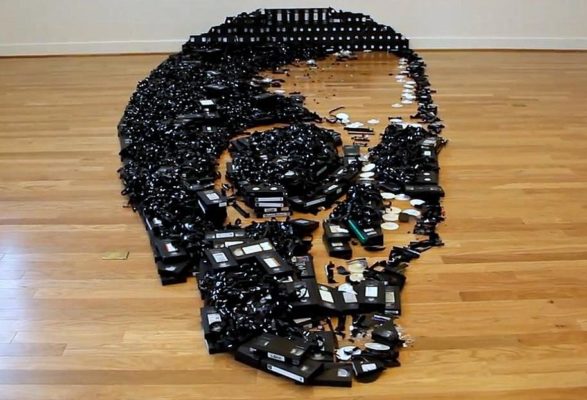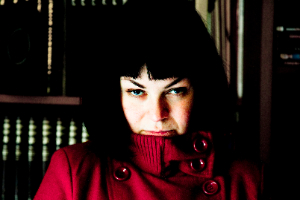Search
To search for an exact match, type the word or phrase you want in quotation marks.
A*DESK has been offering since 2002 contents about criticism and contemporary art. A*DESK has become consolidated thanks to all those who have believed in the project, all those who have followed us, debating, participating and collaborating. Many people have collaborated with A*DESK, and continue to do so. Their efforts, knowledge and belief in the project are what make it grow internationally. At A*DESK we have also generated work for over one hundred professionals in culture, from small collaborations with reviews and classes, to more prolonged and intense collaborations.
At A*DESK we believe in the need for free and universal access to culture and knowledge. We want to carry on being independent, remaining open to more ideas and opinions. If you believe in A*DESK, we need your backing to be able to continue. You can now participate in the project by supporting it. You can choose how much you want to contribute to the project.
You can decide how much you want to bring to the project.

Contemporary society maintains a complex relationship with ruins. On the one hand, neoliberal socioeconomic structures promote obsolescence of various types (programmed, indirect, incompatibility, psychological, aesthetic, expiration, etc.), while on the other hand, they are completely incapable of managing the proliferation of ruins that such obsolescence entails. The increasingly accelerated rates of production in our lives increasingly shorten the useful life of products, objects and services. From the software that becomes outdated mere months after being released in the market, to the Hollywood actress who stops starring in movies after she turns 35, or the printer that after two years of operation stops printing for no apparent reason, the expiration date of (almost) all the things and people around us is increasingly sped-up.
Fighting against this trend thus becomes a true anti-system action, an act of resistance within the context of art, as well. Market dynamics accelerate the flow of works and artists. The context of emerging art constantly demands new names and young artists are forced into the incessant (hyper) production of original works, not of quality but of novelty and/or exclusivity, made expressly for avid exhibitions. The emerging artist is thus immersed in the inevitable paradox of having to constantly produce (both work and project dossiers) if they want to continue within a system that, in most cases, does not allow them to overcome precarious conditions inherent (to the context) in order to consolidate their career. The artist lives like this in the eternal hope of overcoming a fragile emergency that appears to encompass everything around them.
In the same way, art centers and institutions suffer the consequences of a system that continually makes them obsolete, some even before their inauguration. Subjected to political ups and downs, interference and constant changes in their management models, they become mere cultural containers that, dependent on an increasingly meager budget allocation, barely survive, unable to revitalize a sector that itself is the victim of unsustainable accelerationism.
The collection of texts that make up this publication speaks to the various aspects of obsolescence and its inherent correspondence with ruin, its most immediate consequence. From the artists´ relationship with tools already considered obsolete by the system, such as analog cinema (Carlos Vásquez), to the possibility of cybernetic ruin (Enric Puig), the concept of ruin in relation to different models of art centers (Marisol Salanova), the construction, deconstruction and reconstruction of language and discourse in relation to ruin (Javier Bassas), or the obsolescence of the biological body versus the possibilities posed by, among other things, posthumanism (Diana Padrón). All these texts were written within the very specific context of the urgency of change and the need for a rethinking of the structures that condition our functioning as a society.
(Featured Image: Noah Scalin, Dead media)

It’s hard for Marla Jacarilla to define herself, though she’s been obstinately trying to, since a few years ago they told her it would be good for her to have an artist’s statement. She makes art (or at least tries to) she writes about film and every now and again reflects on things that usually pass unnoticed. Somehow or other this all comes down to one thing: an obsession for the letters that form words, that then form sentences, that form paragraphs, that form chapters that tell us stories.
"A desk is a dangerous place from which to watch the world" (John Le Carré)